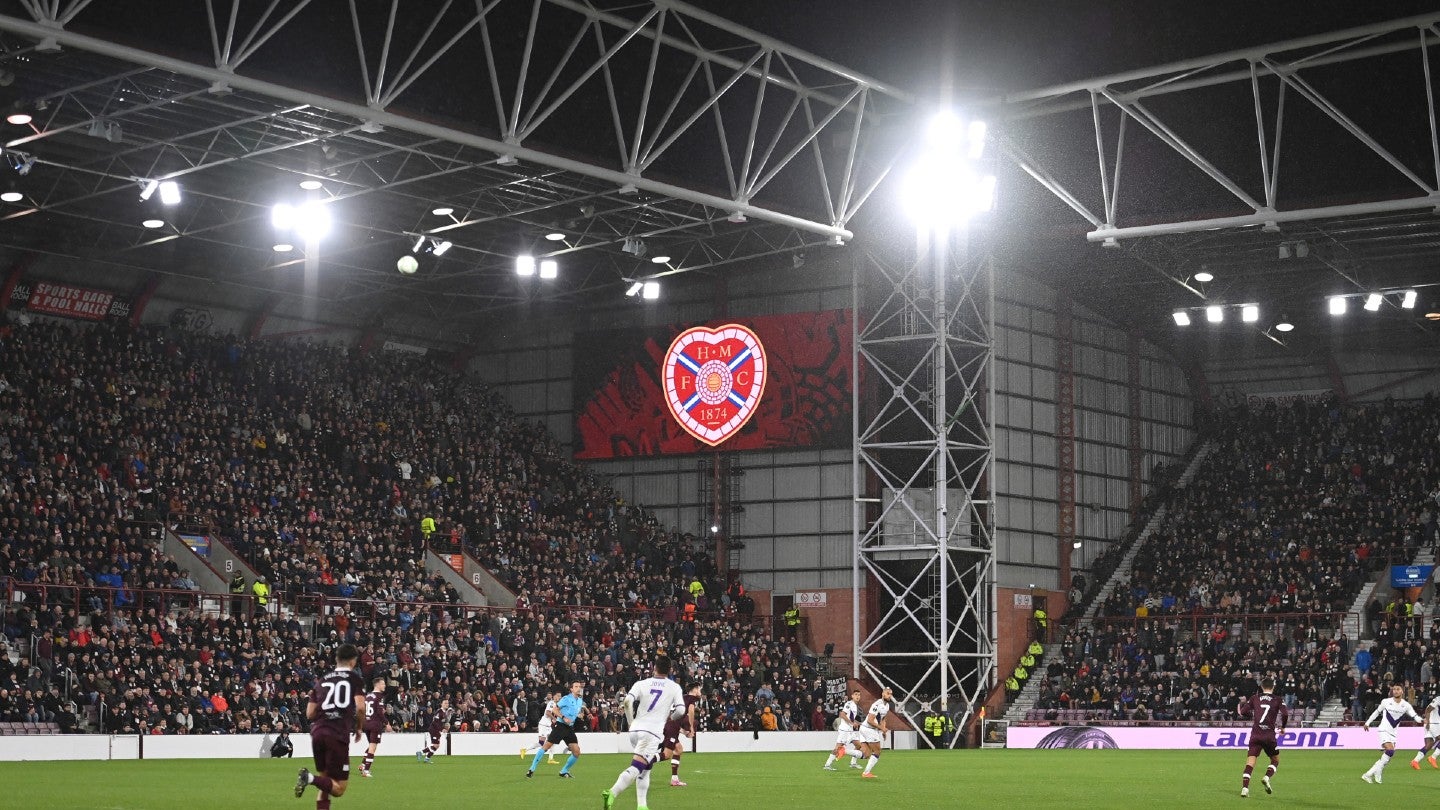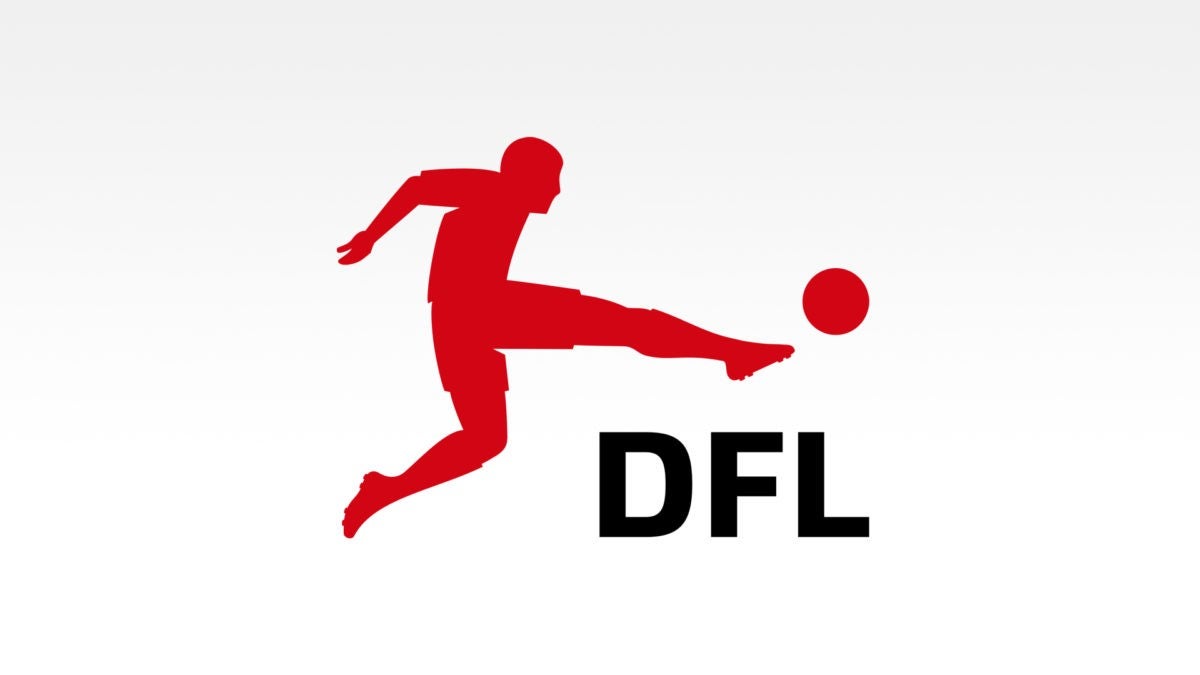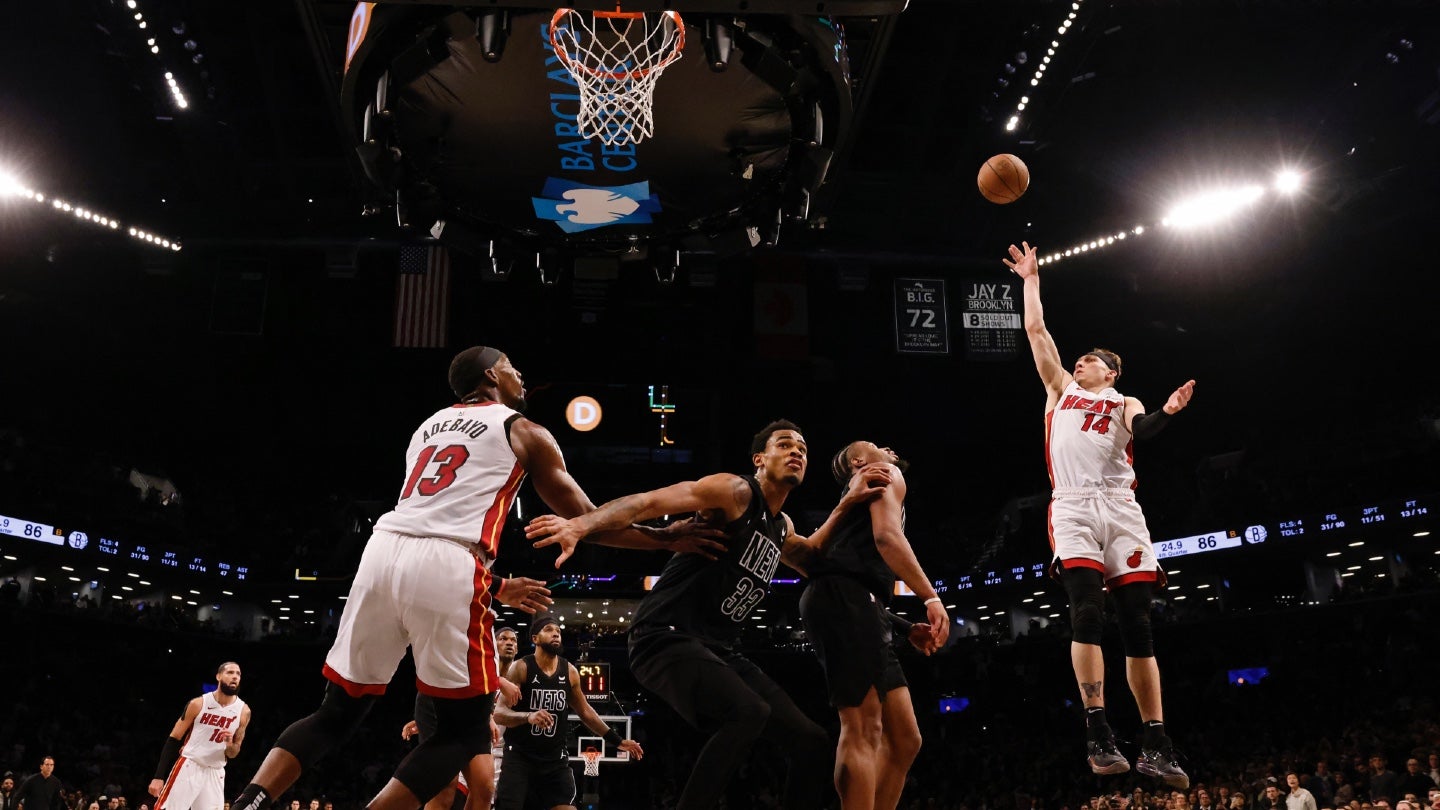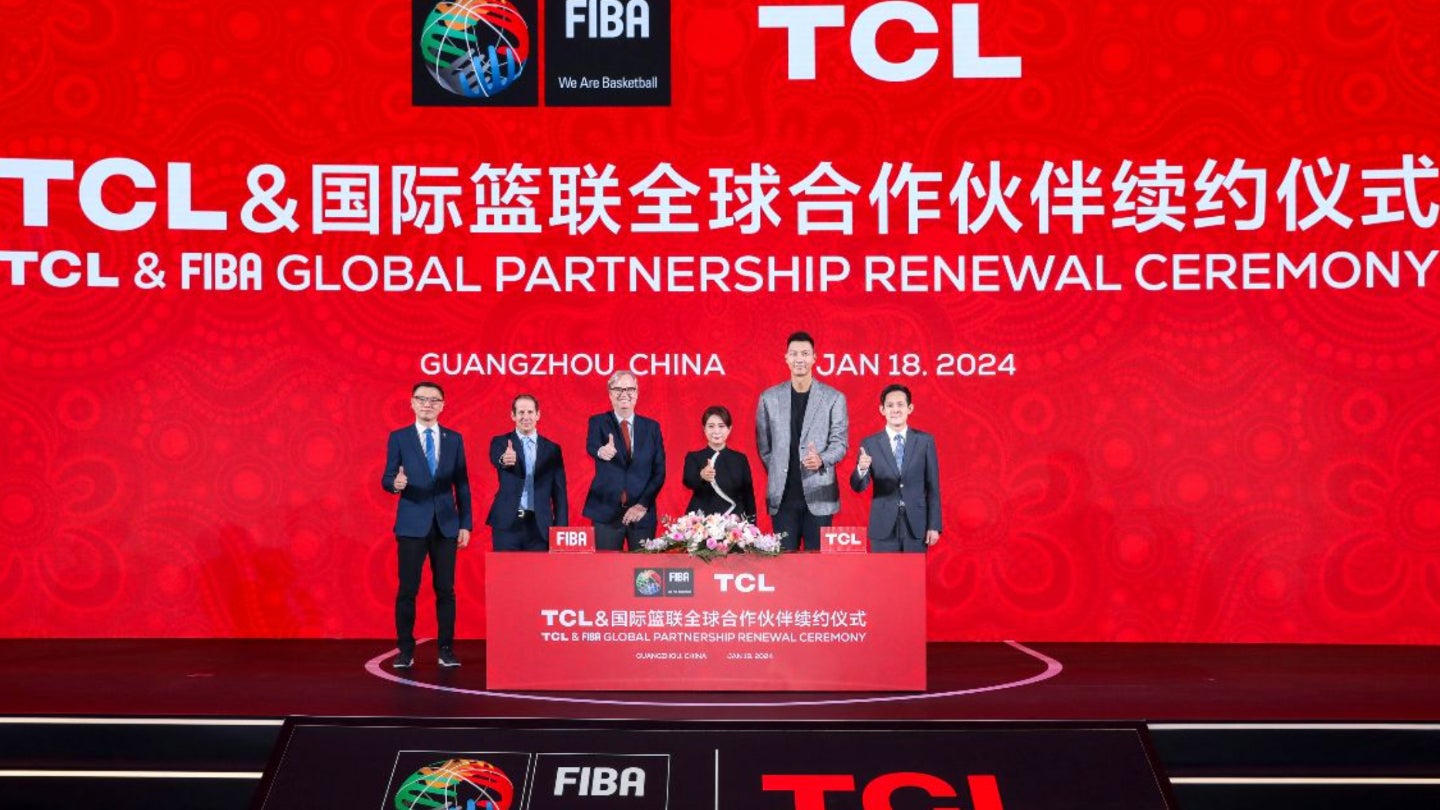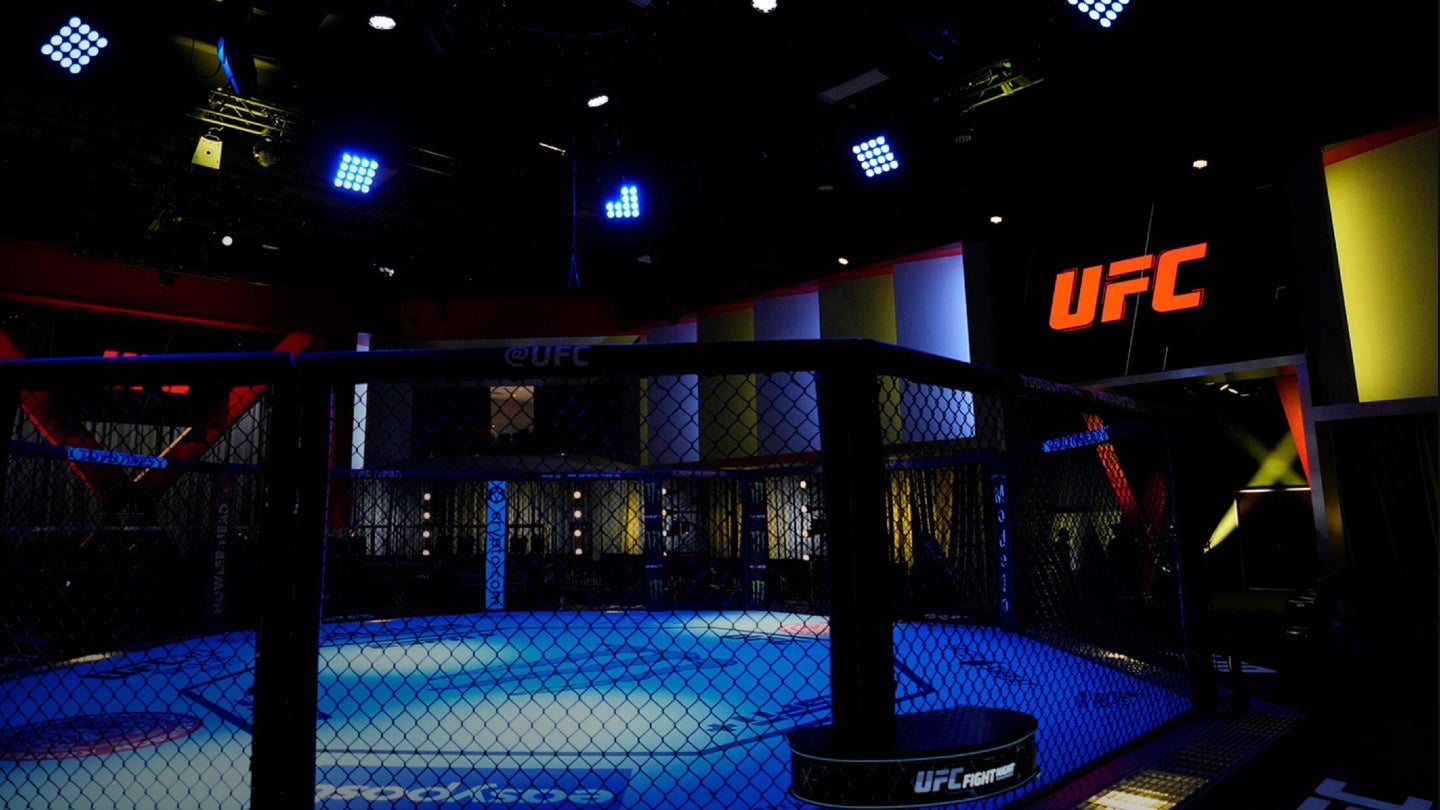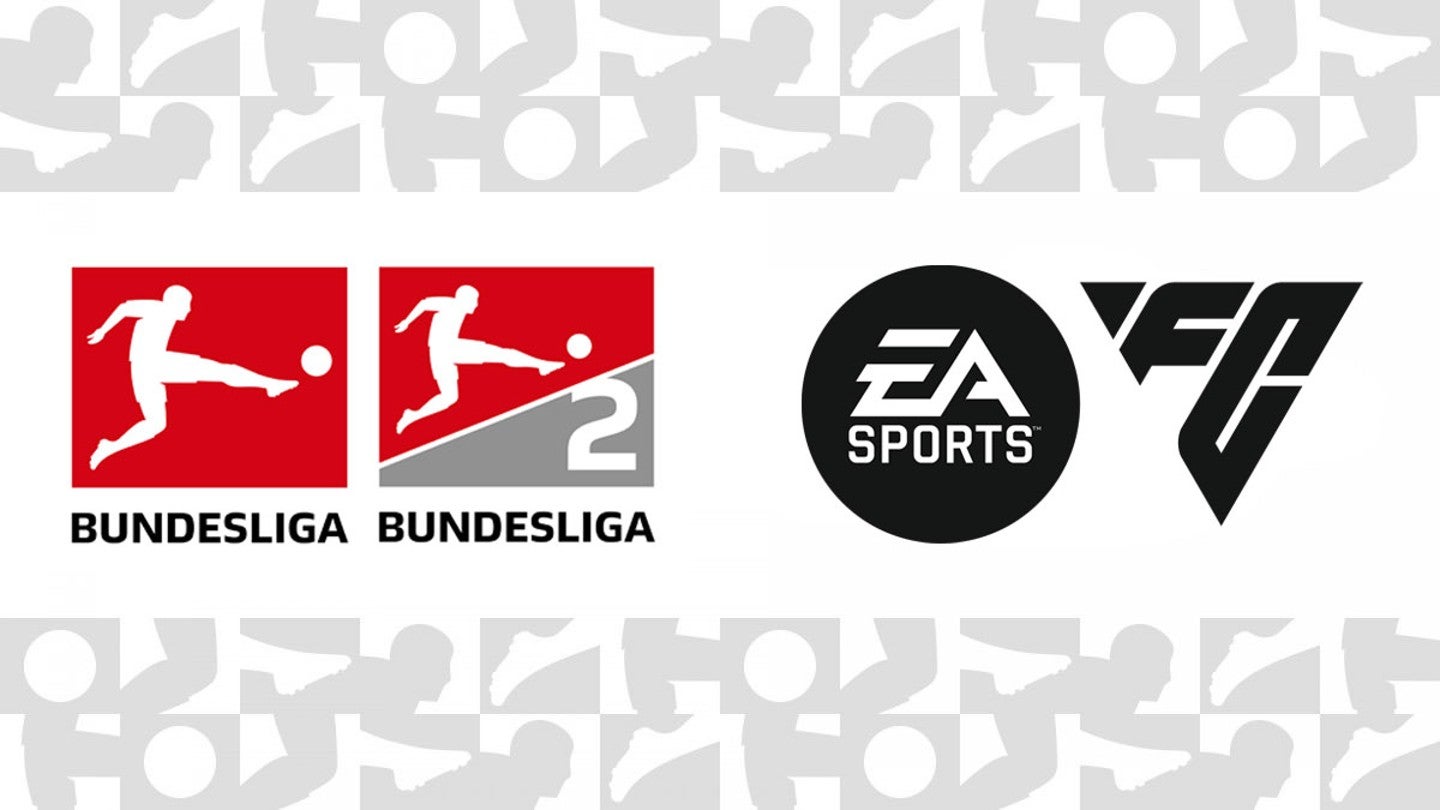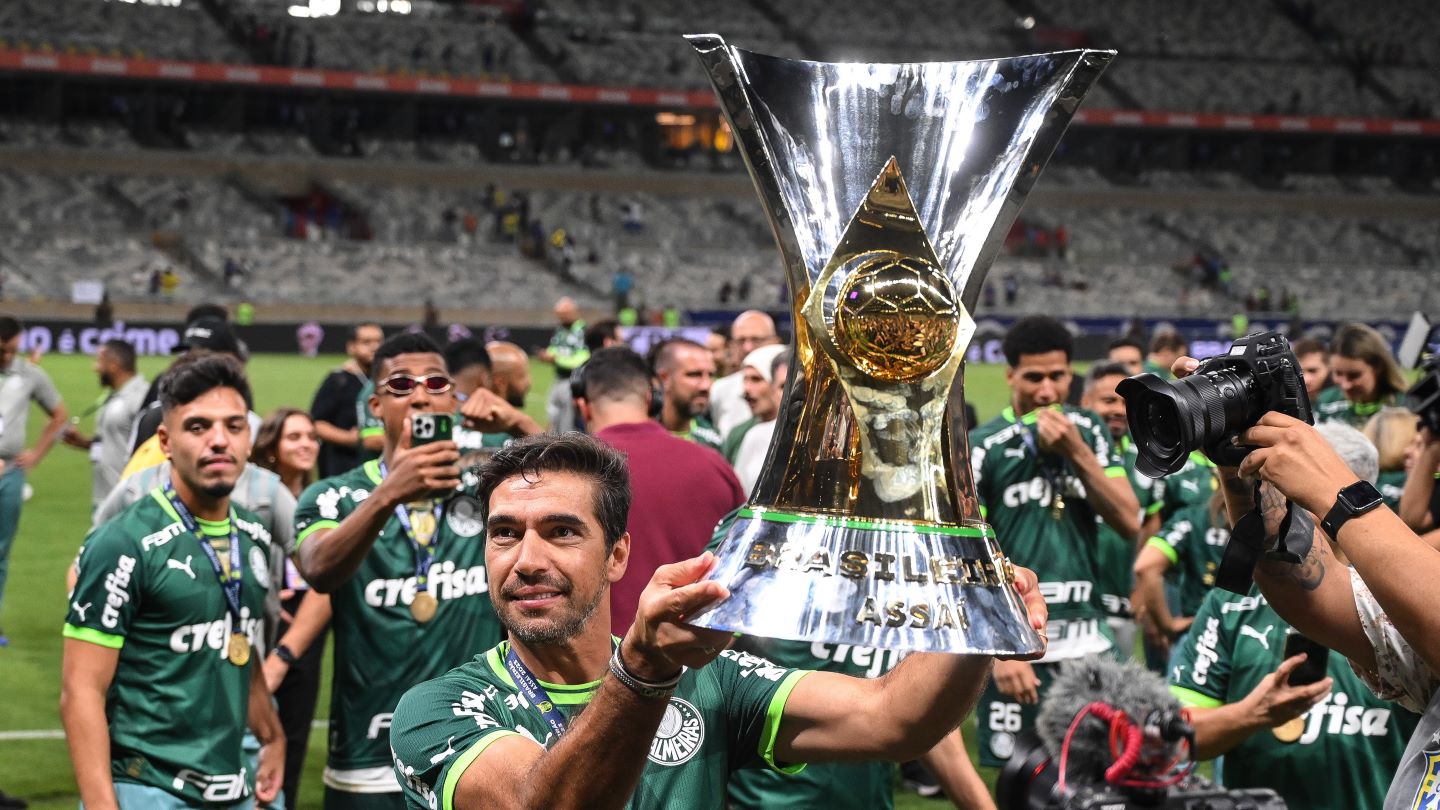In its accounts for the 2022-23 financial year, Scottish soccer club Heart of Midlothian (Hearts) recorded a record turnover of £20.8 million ($26.4 million), the highest of any club in Scotland outside of the Glasgow giants Rangers and Celtic.
The top tier of Scottish soccer has typically been dominated by the two Glasgow clubs, both of which boast stadia with 50,000+ capacities and European competition revenue. However, among the league’s remaining ten teams, Hearts have consistently boasted the highest average attendance and one of the league’s vociferous home supports.
That support has always played a strong role in the club’s culture and in 2021, a majority of the club’s shares were transferred to the fan non-profit Foundation of Hearts, making the club the largest fan-owned sports team in the UK.
Since the takeover of the club by the Foundation, Hearts have not finished outside of the top four in the Scottish top tier, and in the 2021-22 season qualified for group stage European competition (The UEFA Europa Conference League) for the first time in over a decade.
Despite Hearts’ current period of financial stability, given its position within the global soccer ecosystem, the club’s fiscal strategy is one of temperate responsibility, rather than avaricious expansion.
Stadium
In February 2024 Hearts will open a hotel within its Tynecastle stadium. The Tynecastle Park Hotel will have 25 bedrooms, events, and hospitality spaces, and will complement the club’s Skyline Restaurant, which will now be open seven days per week.
The move is the latest from the club to grow its revenue beyond matchdays, with the floor of the stadium that the hotel is situated on having previously been empty. Hearts is located in the heart of the Scottish capital, Edinburgh, and with that real estate comes opportunity.
Speaking to Sportcal (GlobalData Sport), Hearts chief executive Andrew McKinlay voiced his excitement for the new development: “Edinburgh has still got a very buoyant hotel market. Obviously, there are certain times of the year when it's extremely buoyant (such as the Edinburgh Fringe Festival), but even generally it's got a big tourist market. So, we're very, very hopeful that [Tynecastle Park Hotel] will do well for us.”
“There's still a lot we can do with a stadium on non-matchdays, that's what every club looks to try and do, otherwise your stadium is only being used 25 days a year.”
Like the majority of top-tier clubs in the UK, Hearts owns its stadium, meaning it can derive revenue from it outside of matchdays, unlike what is the norm in areas of Europe where stadia are owned by separate companies and local councils.
“The thing about the hotel is that we’ve got the direct spend through people that just stay at the hotel and don’t spend anything else in the stadium, and we’ve got the indirect spend around the fact that we have quite a lot of conferences and events like weddings at the stadium," McKinlay says.
"To have the bonus of hotel rooms available for those means that we're very hopeful that we can attract more [events] than we've maybe been able to in the past.”
In the short term, he adds, the effect on overall revenue from the hotel won’t be so pronounced, with the hotel opening in February 2024 and the financial year ending the June after it. In the long term, however, he predicts it could be a £1 million to £2 million yearly addition to the club’s turnover.
The investment is a highly promising one for the club’s self-sustainability, but it is likely to be the last high-profile spend on the venue for the foreseeable future, at least at the Tynecastle site,
Citing costs, logistical concerns with the Tynecastle site, and the potential for a downturn in attendance, McKinlay explains that the club is instead turning its focus to the club’s training ground situation, ensuring that infrastructure work around the club is not limited to Tynecastle itself.
Matchday
Alongside the Skyline Restaurant and the upcoming hotel, Tynecastle also hosts the club’s museum, its ticket office, its dedicated retail outlet, the office space for many of its workers, and of course the club’s home matchdays, which traditionally is one of every football club’s core revenue drivers, and one the club has well exploited in some areas but can improve in others according to McKinlay.
“[In terms of] hospitality we don't sell out every game, there's still maybe a bit more we can do there. We tend to do very well [in hospitality sales] if it's a Saturday afternoon but not as well if it's a Sunday or if it's a midweek [fixture]," he says.
“If you look at our matchday income, there's not a lot more we can do because we do sell out most games. We've sold out all our season tickets and we've got a waiting list.”
The club has the fifth-largest stadium by capacity in the top-tier Scottish Premiership, but the third-highest average attendance, but McKinlay stresses that the club is not resting on its laurels in that regard.
“It’s hugely important to make sure that we maximize the match the experience and keep looking at that because you can't take for granted that you'll always have sold-out season tickets," he explains.
Despite this, growing staff costs among other rising expenses as the club grows have necessitated a change in stance on the ticketing side.
“We've not put our season ticket prices up now for a good five to six years, so it's something that we will be looking at this year. For various reasons, we've not done that [over the years] but there comes a point when you do need to look at increasing them.”
“We didn't do it last year because [of the] cost of living crisis. You could say we're still in that, but the problem is for us all our costs are going up as well, and so unfortunately you have to pass on some of those to the fans. It's always a pressure on us because we're a fan-owned club as well.”
On-pitch Revenue
It is no coincidence that Hearts’ record revenue in the 2022-23 season coincided with the club’s European group-stage adventure. Competing in UEFA’s third-tier international competition, the Europa Conference League (UECL), Hearts finished third in a group featuring eventual runners-up Fiorentina.
Despite being unable to advance from the group, it proved a profitable endeavor for the club. Hearts earned more than £7 million in both prize money and UEFA solidarity payments for its appearance in the competition, and this season again the third-placed team in Scotland will be guaranteed access to the competition, making it a priority for clubs such as Hearts, Aberdeen, and Hibs.
Despite the eye-watering riches that qualification presents, which McKinlay identifies as a “game-changer” for any Scottish club, he is ambivalent about its effect on Hearts’ long-term strategy.
“You can't budget for European group-stage football. If you achieve that you can then re-gauge some of the things you want to do around the stadium, or the quality of player you might be able to bring in, but you’ve got to be careful.”
McKinlay uses the example of using the UECL money on a player, who you may sign on an exorbitant three-year contract, but the team could then only make it into Europe again once in those next three years. “You don't want to embed a lot of ongoing costs that you maybe can't afford. You’ve got to get that balance right.”
“It’s a great problem to have when you’ve gotten that money,” he adds but stresses again that responsibility is at the forefront of the club’s thinking.
“This year we are budgeting on a fairly breakeven basis, but that’s in a year where we’ve built the hotel. […] Going forward, we'll always budget on the basis to make a little bit of profit.”
While many of the other clubs in the league are also utilizing player trading, the sale of players for profit, to counteract losses as much as generate profits, it’s another area that Hearts have not budgeted around, given the volatile nature of the global soccer transfer market.
“At the end of the day, you know, it all depends on what someone wants to pay for [a player] or if someone wants to buy them. I still feel the Scottish market, and Scottish players for that matter are quite often undervalued completely, especially by English clubs," he says.
The highest profile sale Hearts have made in the last few years was the seven-figure departure of young Scottish prospect Aaron Hickey, a player who came through Hearts’ academy, to Italian side Bologna. Hickey’s story is the goal, but similar successes are not crucial to the continued deliverance of financial balance at the club.
“We're fortunate and that we're not in a situation that we have to player trade. It’s something we are working on that we’d like to do more of, but we don’t rely on it.”
One thing the club does budget for is the Premiership’s domestic TV rights deal, which the league renewed with UK pay-TV heavyweight Sky in 2022 in a divisive fashion. There have been high-profile criticisms of the deal, mainly from Rangers, stemming from the fact it was not heavily shopped around, with a belief held among many fans and commentators that a more lucrative option could have been found.
Despite misgivings about the deal and its length by some, that very length has allowed Hearts to better plan its financial future, with McKinlay stating he is “pleased” that the league has the “certainty” of a long-standing deal.
“Everyone compares it with the English deal and various other deals on the [European] continent, but a lot of that is not comparing like for like, and what we do have is a certainty of a deal through to the end of this decade, which I think is quite a good place to be," McKinlay says.
“The broadcast market is very, very volatile,” he explains, continuing: “We just don't know where that's going to shape out over the next few years, especially with younger viewers who maybe don't want to sign up to [pay-TV] platforms.”
The TV deal, he summarizes, is an “important” part of the club’s income, and one it does budget for, but like the rest of Hearts’ spending, the fan ownership will ensure that any profits will return as reinvestment into the club, as opposed to shareholder dividends.


